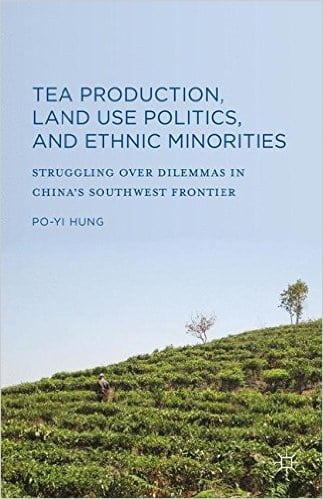 I’m free! That is, I’ve finished another harrowing term. I mistakenly thought I would have more free time, and went a little overboard at the library. At least I’ve finished one book.
I’m free! That is, I’ve finished another harrowing term. I mistakenly thought I would have more free time, and went a little overboard at the library. At least I’ve finished one book.
Puer Tea: Ancient Caravans and Urban Chic focuses primarily on the rise and fall of pu’er tea from the 1970s until the boom and fall in 2007. Although it details the changing landscape in the rest of Yunnan at the time, the book focuses primarily on how these changes affected the residents of the village of Yiwu. I bring this up because Po-Yi Hung’s work focuses, similarly, on the village of Mangjing, Yunnan, and the resident’s relationship with Jingmai Mountain. Continue reading




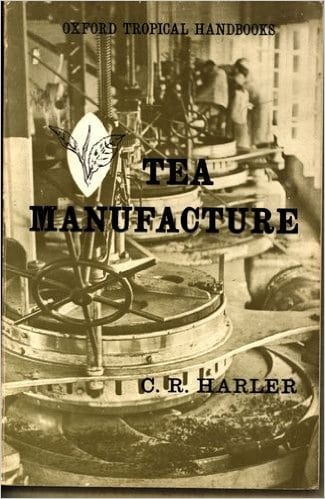


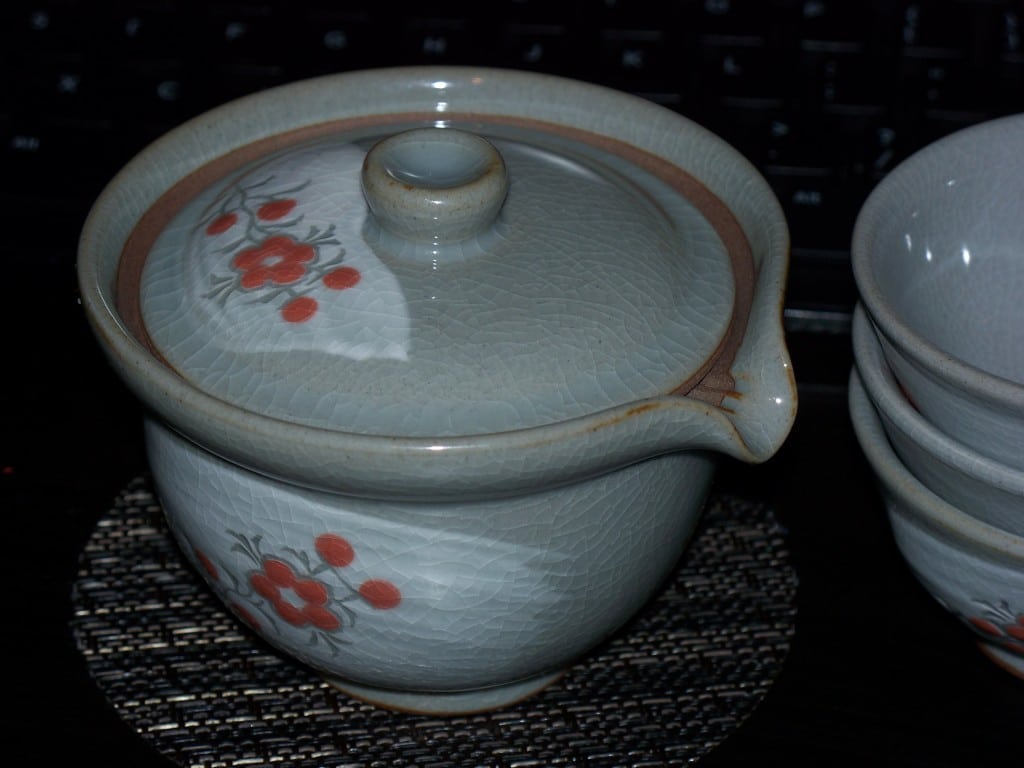
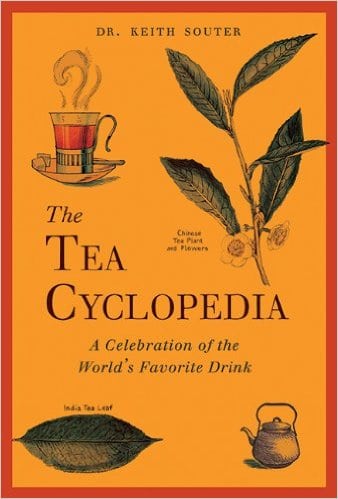
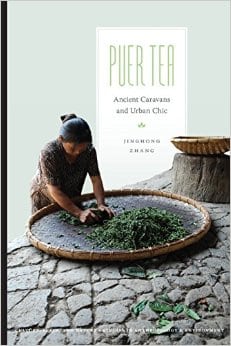 In the wake of the current Verdant Tea scandal, this seems like the perfect read. I started this book a little before the VTF, but juggling schoolwork and leisure reading, I haven’t really gotten to finishing it until recently. And I guess it’s perfect timing, because I think it’s a very relevant read to understanding the current drama. I won’t really be touching on that, because there are already half a dozen other tea-blogs that have covered it in depth, plus threads on TeaChat, r/tea, and Steepster to chronolog the drama (here’s
In the wake of the current Verdant Tea scandal, this seems like the perfect read. I started this book a little before the VTF, but juggling schoolwork and leisure reading, I haven’t really gotten to finishing it until recently. And I guess it’s perfect timing, because I think it’s a very relevant read to understanding the current drama. I won’t really be touching on that, because there are already half a dozen other tea-blogs that have covered it in depth, plus threads on TeaChat, r/tea, and Steepster to chronolog the drama (here’s